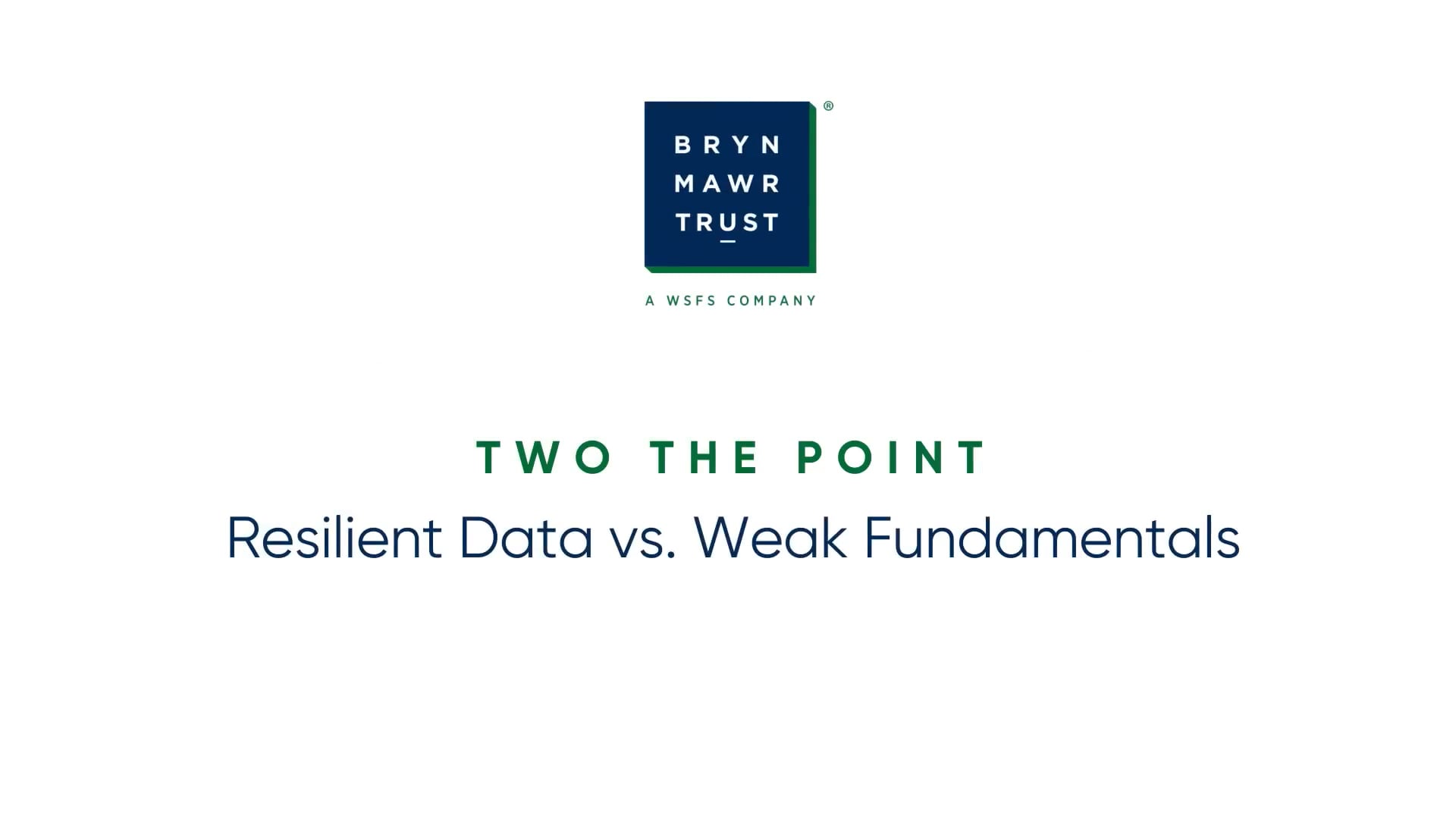Securing Tomorrow: Women’s Roadmap to Financial Confidence

Exploring the interaction between retirement, education, and real estate is vital in financial planning especially for women. Early and ongoing financial education is crucial for managing both current and future needs effectively. A recent Bryn Mawr Trust survey highlights the importance of strategic planning in addressing the impacts of career changes, educational progress, and residential moves on women’s finances. Understanding these factors enables women to make informed decisions that support their life ambitions and financial security.
How do retirement, education, and real estate decisions interplay in women’s financial planning strategies?
The critical role of early, sustained education and engagement in financial planning is evident, ensuring women are well-equipped to tackle immediate and future financial needs effectively. Retirement is a significant milestone in a woman’s financial planning, followed closely by career changes, education financing, and real estate decisions. Their frequency and impact necessitate ongoing adjustments to planning, highlighting the essence of strategic planning on women’s financial lives and its influence on their economic strategies.
Statistics from the U.S. Bureau of Labor Statistics indicate a median job tenure of 4.3 years for women, suggesting an average of about eight job changes over a career. Seventy percent of survey respondents acknowledge that a career change requires an evaluation of their financial planning. This trend towards greater job mobility underscores the need for flexibility and adaptability in financial planning.
Education has played a transformative role. Pew Research highlights a significant gender shift in the college-educated workforce over the last forty years, leading to salary increases for women and affecting financial decision-making. Bryn Mawr survey respondents overwhelmingly, 99%, seek education from multiple sources to help them learn about financial planning. The landscape of family finances has evolved, with a noticeable increase in women as sole or primary breadwinners and more equitable financial contributions within marriages.
Residential transitions are another facet of women’s lives that impact financial planning. While specific statistics on the average number of residences over a lifetime are elusive, it’s acknowledged that women undergo several residential changes. Sixty-six percent of survey respondents recognize that buying or selling a home requires a reviewing of their financial planning. These shifts, driven by career transitions, family dynamics, and personal preferences, highlight the necessity for dynamic and responsive financial planning strategies to navigate various life stages successfully.
Empowering Women Through Proactive Financial Planning
The active participation of women in financial planning, particularly in shared and sole decision-making roles, is a positive trend towards financial empowerment and security. Major life events serve as catalysts for seeking professional advice.
Whether it’s the joy of marriage, the arrival of children, the challenges of divorce, or the sorrow of a partner’s death, each of these milestones highlights the need for thoughtful, proactive estate planning. By staying prepared and making informed decisions, women can ensure that their wishes are respected, their assets are protected, and their loved ones are cared for, no matter what the future holds. It underscores the importance of planning as an ongoing process, one that evolves alongside life’s journey, ensuring peace of mind and security for oneself and those cherished.
The Bryn Mawr Trust survey results emphasize proactive education and financial planning for women. By integrating retirement, education, and real estate decisions, women can confidently navigate life’s milestones, secure their financial well-being, and protect their legacies. Prioritizing these principles enables women to face the future with assurance, marking a proactive step towards achieving their financial goals and ensuring the well-being of their loved ones.
Survey Methodology
The survey was conducted by research company Opinium. The sample included 826 national female respondents ages 40+ with either a household income of $175K+ or investable assets of $1M+. The online survey was conducted from December 14-18, 2023, with a margin of error of +/- 3.4 percent.
© 2024 WSFS Bank.
WSFS Bank d/b/a Bryn Mawr Trust Member FDIC.
Bryn Mawr Trust is a division of WSFS Bank.
Bryn Mawr Capital Management, LLC. is an SEC registered investment adviser and a subsidiary of WSFS Financial Corporation. Registration as an investment adviser does not imply a certain level of skill or training.
WSFS Financial and its affiliates, subsidiaries and vendors do not provide legal, tax or accounting advice. Please consult your legal, tax or accounting advisors to determine how this information may apply to your own situation. This communication is for informational purposes only and should not be construed as legal, tax or financial advice or a recommendation any specific product, service, security or sector. Information has been collected from sources believed to be reliable but has not been verified for accuracy.
INVESTMENTS: NOT A DEPOSIT. NOT FDIC – INSURED. NOT INSURED BY ANY FEDERAL GOVERNMENT AGENCY. NOT GUARANTEED BY THE BANK. MAY GO DOWN IN VALUE.



